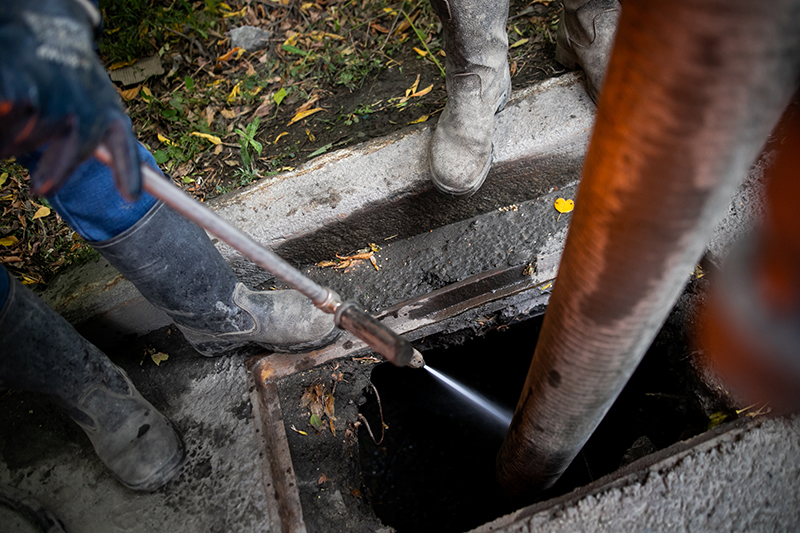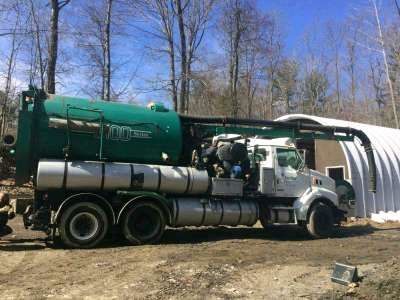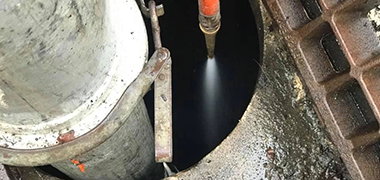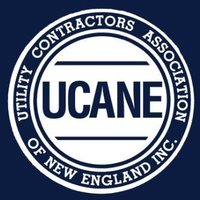
Did you know that the hydro excavation process is cutting edge construction technology? In fact, it can save construction contractors, builders, developers, property owners, and utility companies a significant amount of time and money when compared to the traditional excavation method. In essence, hydro excavation eliminates the use of heavy-duty construction trucks such as backhoes, bulldozers, commercial dump trucks, and front end loaders. Those machines are incredibly expensive to operate.
For example, fuel is through the roof and heavy-duty construction trucks eat up diesel faster than a starving dog on a meat wagon. Then there is the labor costs to operate those heavy-duty construction trucks, which is at the top of the list for highest pay in the industry. Last, but certainly not least, it takes a long time to excavate when using the traditional excavation method. Part of the reason for this is that once the hole is dug, and the structure is installed, it needs to be backfilled after. The traditional excavation method is not precise.
That means a lot more dirt needs to be removed than is necessary. Unnecessarily moving around all of that dirt takes time. That time quickly adds up when it comes to your bottom line. The good news is that the hydro excavation method is fast. It takes a fraction of the time to complete the excavation process when compared to the traditional excavation method. That’s partly due to the fact that hydro excavation is so precise that once the structure, such as a foundation, is installed, it requires little to no backfill.
That means a lot less dirt needs to be excavated, moved around the job site, and then used to backfill the structure that was installed. Imagine how much time that saves! As far as the “digging” process with hydro excavation, highly pressurized water is sprayed on the ground at the area that requires excavation. In essence, it’s like the water is acting like a laser. The dirt quickly turns into sludge, which is vacuumed up and stored in the tank of a commercial vacuum truck. So, instead of using heavy-duty construction trucks, the hydro excavation method only needs a high pressure water spraying system and the vacuum truck.
When the sludge is sucked up by the vacuum truck, it can then be driven off-site and disposed of properly. It’s as simple as that.
If you have any questions about our hydro excavation services, or would like to schedule an appointment we are happy to help. Please contact us today! Jolin Paving & Excavating, Inc. is your New England connection for a vast variety of environmentally related services. Our company has been serving Boston Massachusetts, Southern NH, VT & ME as well as Northern CT & RI since 1952. Please Contact us to learn more today.
Environmental related issues occur all of the time, and can strike at any time. That is exactly why you need to have a local and reliable environmental services company at the helm and ready to go whenever you actually need them.
Jolin Paving & Excavating, Inc. is a fully licensed and bonded utility contractor that has the ability to pull the proper permits in municipalities across New England.
continue reading






